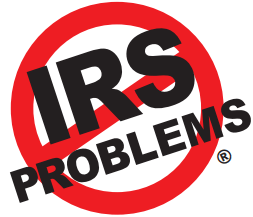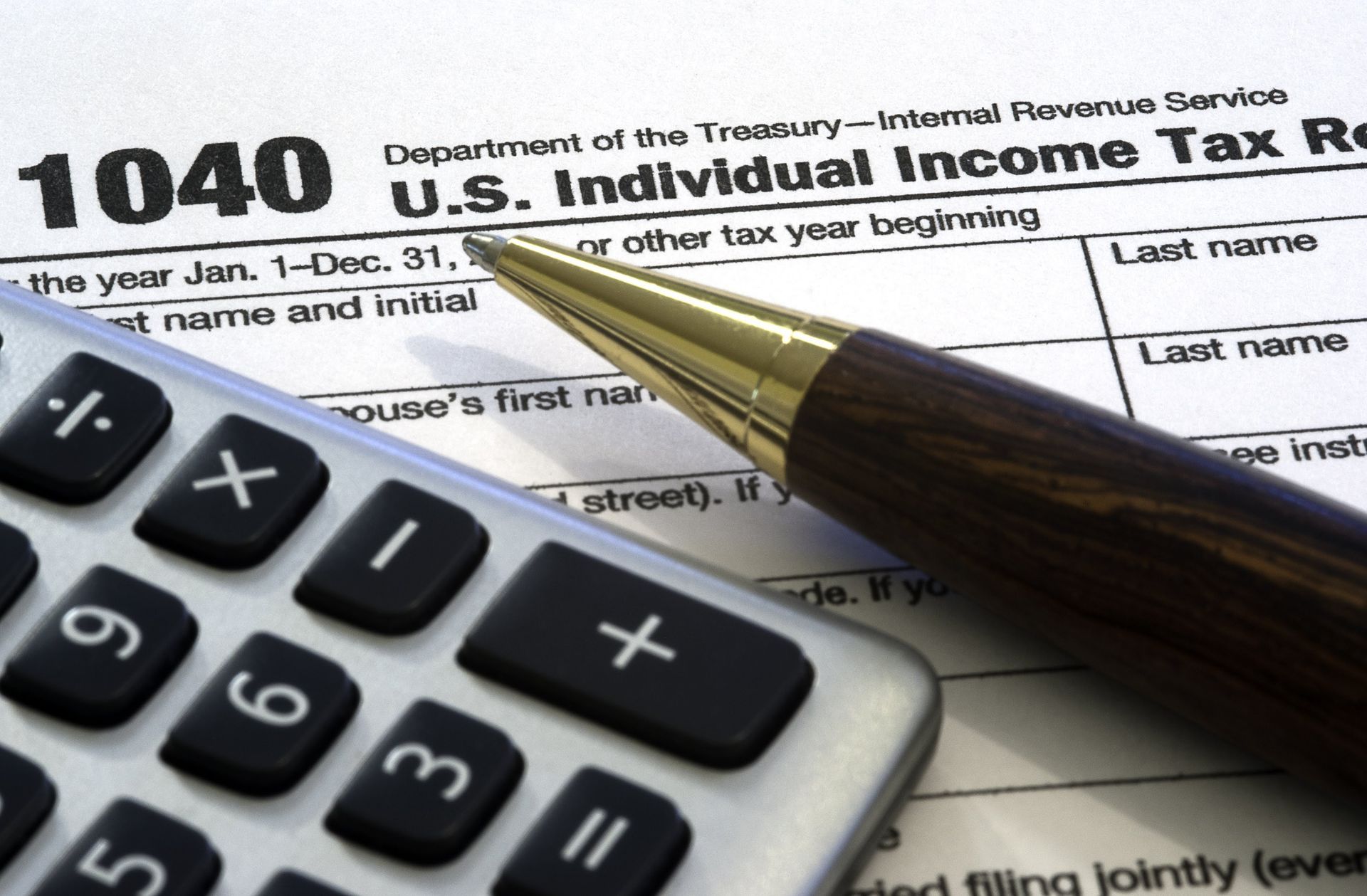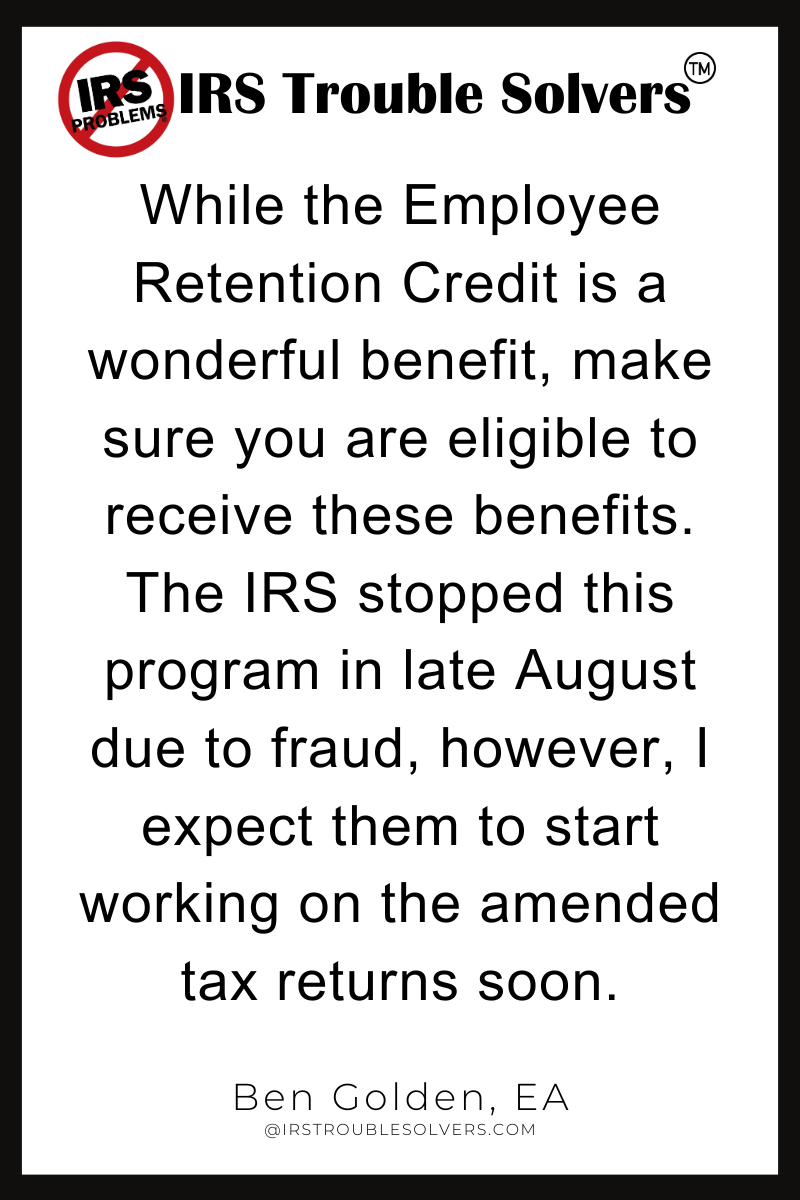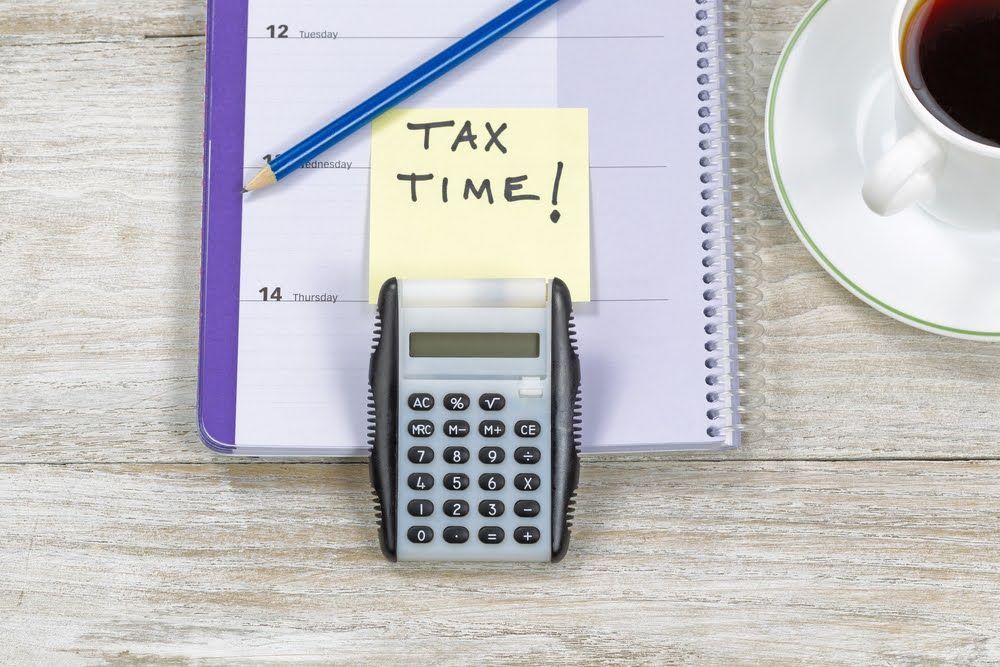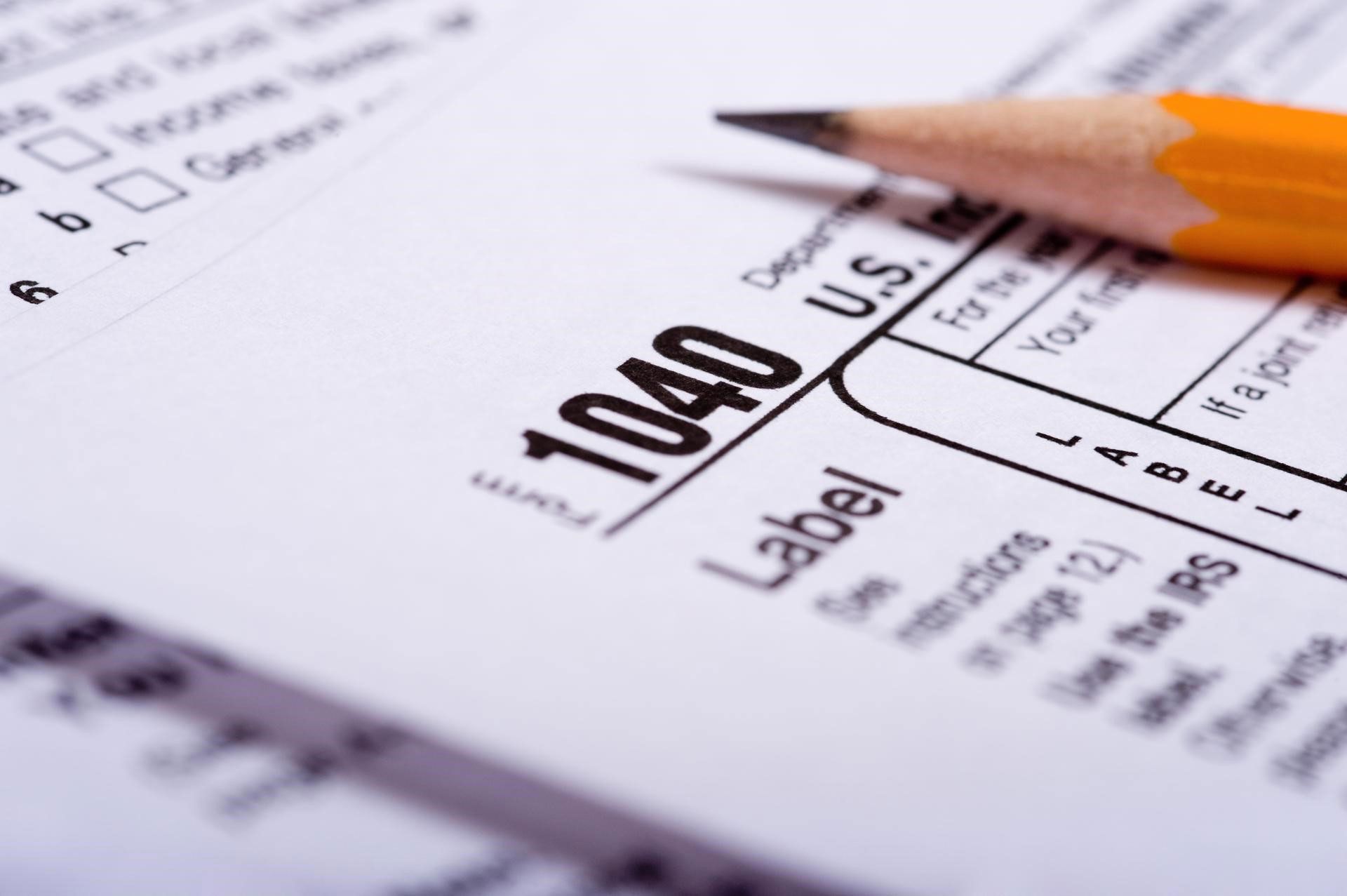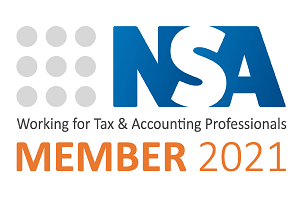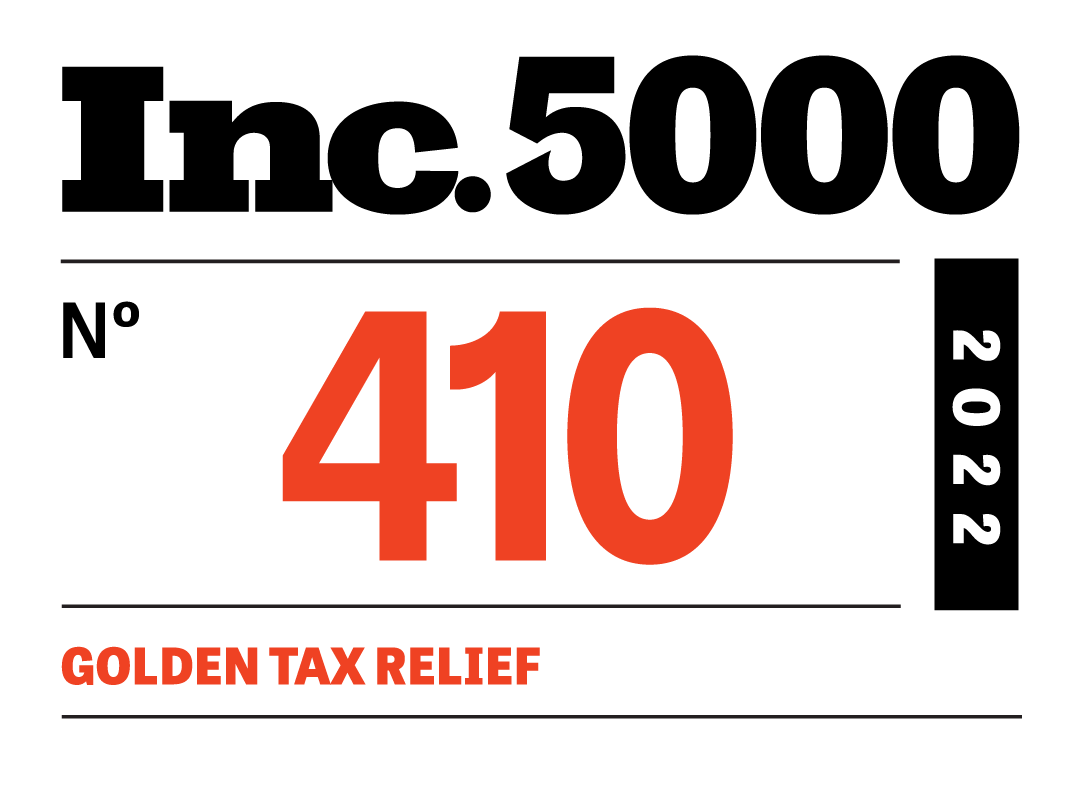

The IRS Debt Collection Process—What To Expect
Do you owe unpaid taxes to the IRS? Have you avoided filing tax returns because you believe you will owe? Or have you just become delinquent about filing returns? Owing the IRS for taxes is stressful, but it helps to understand what to expect and how you can resolve the problem. Here is a short guide to the IRS collections process so you can start taking control of your unpaid tax debt.
1. Substitute for Return
This step only applies to taxpayers who haven't filed a return for a given year. The IRS will eventually do your tax return for you. Known as a substitute for return (SFR), this calculation doesn't take into account any deductions, credits, or tax-reducing filing statuses. The taxpayer can file their own return at this point, or the SFR stands and is the basis for what the IRS will now try to collect on.
2. Notice of Balance Due
As with any debt, IRS collection begins with the tax agency notifying you that you owe taxes. Taxes are owed at the date that a tax return is due, such as April 15 for most income tax returns. Filing an extension does not give you more time to pay. This notice includes instructions on paying if you can and a deadline to respond.
3. Notice of Federal Tax Lien
A federal tax lien is an encumbrance on property that prevents it from being sold without satisfying the person who filed the lien. So, if a lien is placed against the title to your primary home, you must satisfy the debt before buyers will complete the sale.
The tax lien becomes public record so that others can locate it and act accordingly. This lien notice also isn't always automatically removed if and when you can pay the debt. However, nothing is seized or liquidated at this point.
4. More Collections Letters
The good news for taxpayers is that the IRS would rather see you pay your taxes than spend time and money trying to collect. So even after a notice of tax lien, you may still get multiple notices over a period of time. There are instructions on how to pay using things like a payment plan, a credit card, or even an offer in compromise.
However, while the IRS is willing to work with taxpayers, it's not obligated to walk you through these options or provide legal and accounting assistance.
5. Final Notice of Intent to Levy
If the taxpayer still doesn't respond, the IRS now moves forward to levying your property. A levy is not the same as a lien. While a lien puts a notice on the property's title, a levy actually seizes property. The IRS may levy—or seize—bank accounts, garnish wages, seize real estate or vehicles, and keep tax refunds due to you in the future. This notice should move any taxpayer to take serious action to prevent imminent seizure.
6. Federal Tax Levy Issued
Once the levy is issued and the tax agency can take legal control over an asset, you must act quickly. It may surprise taxpayers to know that you still have a little time left to get your stuff back. This is the short period between when an asset (like a home or vehicle) is seized and when it is actually sold. The right actions can still satisfy the tax debt and recoup your seized property.
No matter what stage of the collections process you're in, the best time to act is now. There are many points when you can still protect yourself and your property, so it's never too late to take control of your tax debt. Start by meeting with IRS Trouble Solvers, LLC. We'll help you understand your rights, options, and risks—and then find the best path forward. Call today to learn how.

